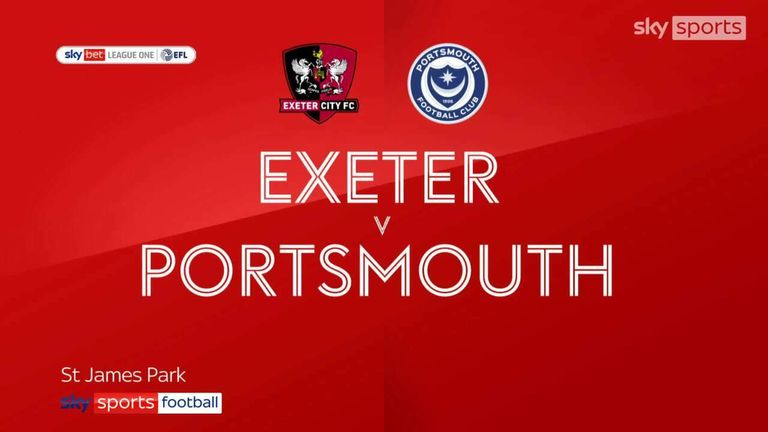This incident after 20 seconds.
Is the keeper being blocked or the attacker attempting to block?

 www.skysports.com
www.skysports.com
I believe he is but no action from the referee.
Is the keeper being blocked or the attacker attempting to block?

Exeter City 0-0 Portsmouth | League One highlights
Watch highlights of the Sky Bet League One match between Exeter City and Portsmouth.
I believe he is but no action from the referee.



